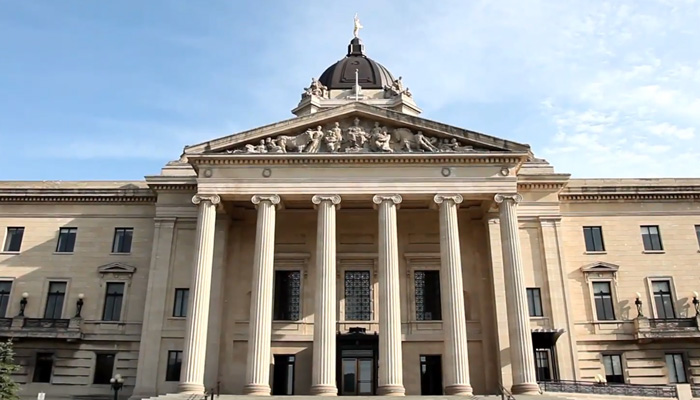The Manitoba government has announced that it is increasing funding to three successful programs that support youth across the province.
“Young people need the support of their peers, schools, families and communities to thrive,” said Housing, Addictions and Homelessness Minister Bernadette Smith, minister responsible for mental health. “We are pleased to provide additional funding to community-based programs that meet youth where they are. We recognize there is much work to do to build individual and community well-being, and these investments are just the start.”
The Manitoba government is further investing in three programs that support youth in Manitoba.
The Indigenous Youth Mentorship Program (IYMP) develops leadership and training skills for university and high school students who manage after-school programs for younger students, creating lasting relationships through mentorship. This highly successful program promotes healthy development among Indigenous children and youth through health and cultural programming, noted the minister. An additional $545,000 will allow this program to expand into 24 new sites over three years – fifteen in northern and rural areas and nine in urban sites.
“This is an incredible program that has real impact in young Indigenous people’s lives,” said Heather McRae, acting director of Indigenous Engagement and Communications, University of Manitoba, who oversees the IYMP. “In the last year alone, a thousand students have connected programs across the province. The Manitoba government contribution is making it possible to expand into new communities and schools which will have a lasting impact.”
The Sources of Strength program increases help-seeking behaviours in students and promotes connections between youth and caring adults with the goal to improve mental health and prevent suicide, noted the minister. An additional $100,000 will support in-school programming through training and learning sessions in targeted schools across Manitoba in six school divisions.
Manitoba’s five health authorities will also receive $40,000 each in funding to strengthen regional suicide prevention networks that co-ordinate community supports and create plans specific to each region based on the Mental Health Commission of Canada’s Roots of Hope framework.
Smith encouraged all Manitobans to check in on friends, family and peers who may need additional care and support.
“Many of us have struggled at one point in our lives and ending stigma through open discussion is important,” said Smith.
Manitobans can access the following suicide prevention supports and mental health resources anytime:
- Klinic Community Health Crisis Line at 204-786-8686 or 1-888-322-3019;
- 9-8-8, a new 24-7 pan-Canadian suicide helpline;
- Kids Help Phone for children and youth at 1-800-668-6868;
- Hope for Wellness Helpline, available 24-7 to all Indigenous people across Canada at 1-855-242-3310; and
- dialing 211 in Manitoba or visiting mb.211.ca to connect with a social service.




